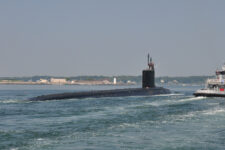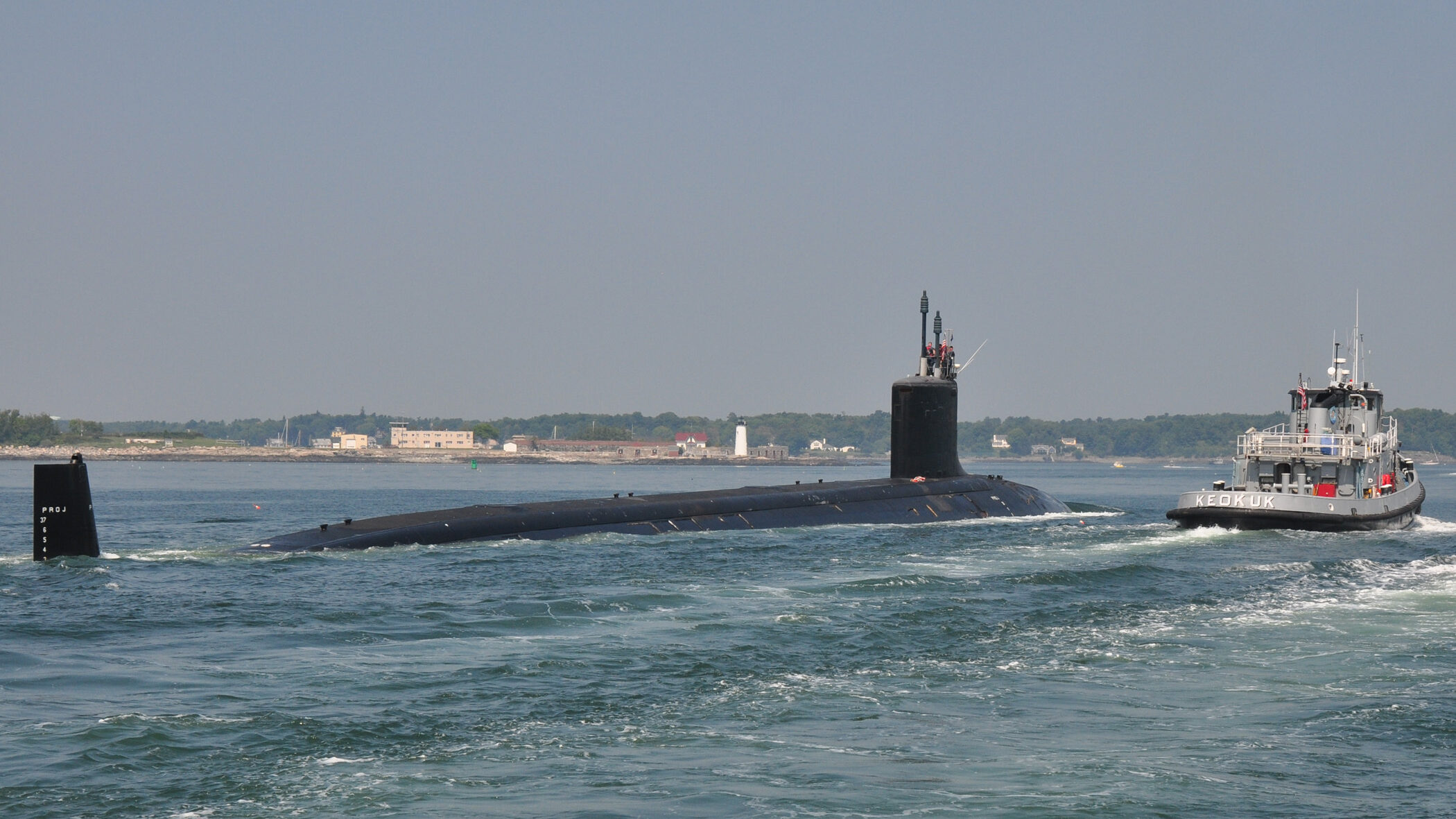

HII will build six ships, and Bath Iron Works will build three others, though both Pentagon announcements say the Navy could pursue more in the future.
By Justin Katz
The watchdog found the service was contradicting itself on multi-year procurement buys without clearly stating why.
By Justin Katz
House lawmakers are irritated by the service’s choice to request a DDG-51 Flight III destroyer on their annual wish list, rather than design a budget that incorporated it.
By Justin Katz
Most observers had expected an increase in the Navy’s shipbuilding accounts with this budget, especially after the chairman of the Joint Chiefs of Staff, Gen. Mark Milley, said that, even as an Army general, he would support budget increases for the Navy and Air Force in light of the Chinese threat. But this budget decommissions 12 ships and buys relatively few replacements.
By Mark Cancian
The Navy thinks it will need at least $40 billion a year to maintain its new fleet — but admits that they haven’t actually added it all up yet.
By Paul McLeary
- Air Warfare, budget, Global, Land Warfare, Naval Warfare, Networks & Digital Warfare, Space, Threats
Military Force Structure: Trade-Offs, Trade-Offs, Trade-Offs
Mark Cancian, a member of the Breaking Defense Board of Contributors, knows budgets. He used to help build the defense budget at the Office of Management and Budget, the largely unheralded center of federal fiscal power. So when he picks apart the budget deal Congress recently approved (or any other one) you should pay attention. He’s doing…
By Mark Cancian
ARLINGTON: Two recent contracts make clear the military radar industry is shifting to a new gold standard, a once-obscure material called Gallium Nitride. GaN, a high-efficiency semiconductor, makes radar transmitters much more powerful without using more electricity. Industry consultant Loren Thompson once told us it was “the biggest thing since silicon.” Just in time for…
By Sydney J. Freedberg Jr.
A new Government Accountability Office report scolds the Department of Defense for failing to figure out which rare earth elements are critical to national security — China controls the world market — and for not developing plans to make sure the United States has enough even though Congress passed a law telling them to five years…
By Richard Whittle





























